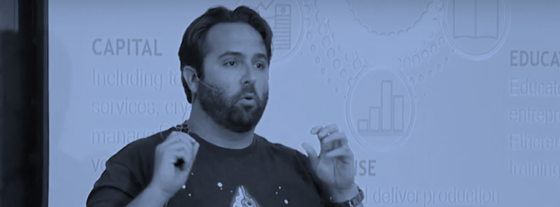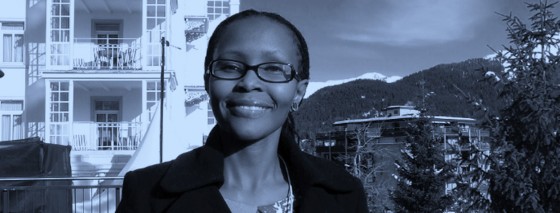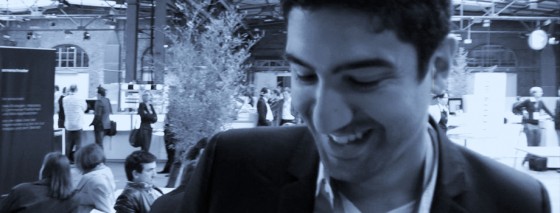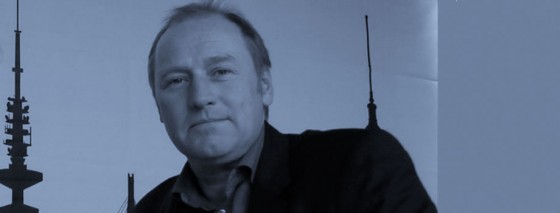Interests: exploring new places, collecting odd art, golfing, getting speeding tickets and experimenting with good food and wine
Andrew Key‘s career has been at the intersection of capital markets and technology. He co-founded ConsenSys Capital, a financial services constellation of companies, including Fund Foundry, ConsenSys Ventures, and Token Foundry.
Previously, Andrew ran ConsenSys’ global business development from inception of the company, co-founded ConsenSys Enterprise, co-created the first Ethereum Blockchain-as-a-Service offering with Microsoft , and began the Enterprise Ethereum Alliance,
Andrew joined ConsenSys with capital markets, healthcare, technology and entrepreneurial experience. Previously, he worked for UBS investment bank in equities analysis. Later, he was involved within multiple hedge funds and broker dealers in alternative asset investing. After, he co-founded a healthcare revenue cycle management company where he learned about Bitcoin and eventually Ethereum.
He graduated from Loyola University in Maryland and University of Auckland with degrees in economics and international finance. Andrew’s best computer science was in college, and it’s been downhill technically, since then.
Andrew’s LinkedIn
Andrew on Twitter
Blockchain
A blockchain, originally block chain, is a continuously growing list of records, called blocks, which are linked and secured using cryptography. Each block typically contains a cryptographic hash of the previous block, a timestamp and transaction data.
By design, a blockchain is inherently resistant to modification of the data. It is “an open, distributed ledger that can record transactions between two parties efficiently and in a verifiable and permanent way”. For use as a distributed ledger, a blockchain is typically managed by a peer-to-peer network collectively adhering to a protocol for inter-node communication and validating new blocks. Once recorded, the data in any given block cannot be altered retroactively without the alteration of all subsequent blocks, which requires collusion of the network majority. This makes blockchains potentially suitable for the recording of events, medical records,and other records management activities, such as identity management, transaction processing, documenting provenance, food traceability or voting.
Blockchain was invented by Satoshi Nakamoto in 2008 for use in the cryptocurrency bitcoin, as its public transaction ledger. The invention of the blockchain for bitcoin made it the first digital currency to solve the double-spending problem without the need of a trusted authority or central server. The bitcoin design has been the inspiration for other applications.
Ethereum
Ethereum is an open-source, public, blockchain-based distributed computing platform and operating system featuring smart contract (scripting) functionality.It supports a modified version of Nakamoto consensus via transaction based state transitions. Ether is a cryptocurrency whose blockchain is generated by the Ethereum platform. Ether can be transferred between accounts and used to compensate participant mining nodes for computations performed.
Writing (Andrew Keys)
Blockchain Predictions for 2018
Blockchain Predictions for 2017
Blockchain Predictions of 2016
Memo from Davos
Building the Hyperconnected Future on Blockchains (responsible for writing healthcare section)
Non-Technical Introduction to Ethereum
Tokenization of Assets
Andrew/ ConsenSys in Mainstream Media
New York Times: Ethereum, a Virtual Currency, Enables Transactions That Rival Bitcoin’s (03/2016)
Bloomberg: Post-Bitcoin Technology Has Geeks, Giants, and Hackers Excited (03/2017)
Wall St Journal: Ethereum Network Copes With Surge of Activity as Virtual Kitten Game Goes Viral (12/2017)
The Economist: Financial Technology is proving less of a battleground than feared (052017)
International Business Times: How Ethereum Blockchain Technology Will Revolutionize Digital Asset Value (01/2018)
More Videos with Andrew
The Blockchain will disrupt everything – Keynote, Berlin November 2017
Speaking at Davos, World Economic Forum (1/2018)
Keynote – Cloud Expo, Jacob Javitz Center (03/2018)








